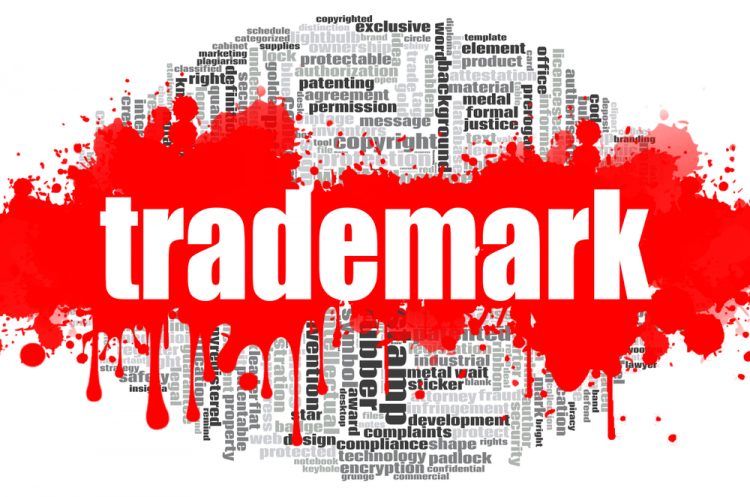Why It’s Good News That The UAE Has Joined Madrid Protocol International Trade Mark System

The UAE recently became a member of the Madrid Protocol (which is forms a part of the international trade mark registration system), becoming the third country in the Gulf Cooperation Council (GCC) to do so. Bahrain and Oman are the other two GCC Madrid Protocol members.
The Madrid Protocol is an international system that enables trade mark protection in a number of countries and/or regions through a single application.
The news of the UAE’s membership of this global centralised registration arrangement will be welcomed by brand owners in the UAE as well as by those seeking trade mark protection when selling their products and services in the gulf country, said Jacqui Pryor, a leading trade marks attorney in Australia.
“The Madrid Protocol offers a far more straightforward and cost-effective solution in what is known as one of the most expensive trade mark jurisdictions in the world,” she said. “This development is an important one for businesses trading in the Middle East and is a major boost to encouraging economic co-operation.
“Given that the UAE is Australia’s largest trade and investment partner in the Middle East and that the two countries signed an agreement in March this year to pursue a Comprehensive Economic Partnership Agreement, the UAE’s move to strengthen its IP practices by joining the Madrid Protocol should benefit trade mark owners in both regions,” added Pryor.
The Madrid Protocol came into force for the UAE on 28 December 2021.
How Does the Madrid Protocol Work?
The Madrid Protocol is a convenient and cost-effective solution for registering and managing trade marks in multiple countries and territories around the world.
A trade mark owner can file a single application and pay a single set of official fees (determined by the member countries selected) when applying for protection in the member countries (currently numbering 128) as well as modify, renew or expand their global trade mark portfolio through the single centralised system. This makes management of a trade mark portfolio far simpler and more cost-effective than the alternative, which is having to file various national applications via agents and attorneys in each country desired.
Improved Economic Solutions for Brand Owners Around the World
The UAE’s membership of the Madrid Protocol makes it far easier for entities to secure and enforce their trade mark rights in the gulf country. Without the benefit of using the Madrid Protocol, applicants from Australia have historically needed to engage legal firms in the UAE to attend to filings, which has involved needing to have certain documents notarised and legalised before the Embassy of the United Arab Emirates.
In addition to the considerable cost benefits of being able to file a single national trade mark application for multiple classes of goods and services, the streamlined process should encourage more businesses to consider expanding into new markets.
“The significant reduction in the cost and complexity of obtaining official trade mark protection in the UAE is great news for brand owners around the world,” added Pryor. “Brand owners can now deal directly with their trade marks attorney in their home country instead of having to go through what was a complicated, expensive and often arduous process of filing an application for trade mark protection in the UAE using local resources. It’s a win-win situation for everyone,” she said.

